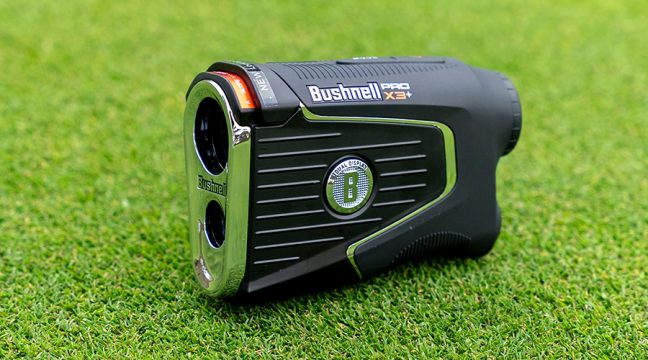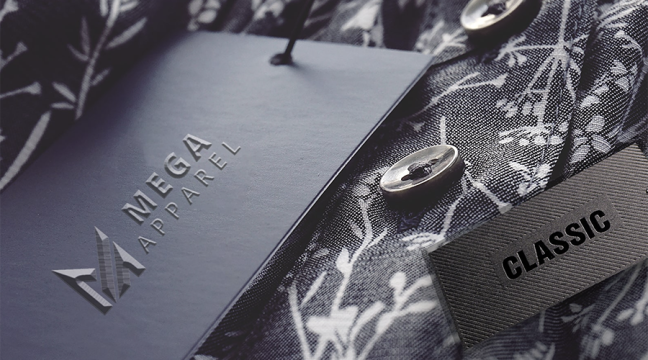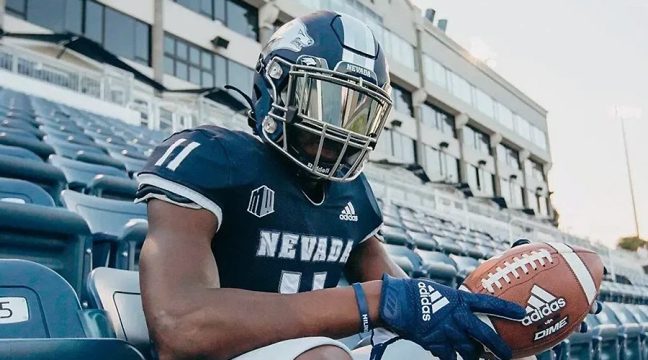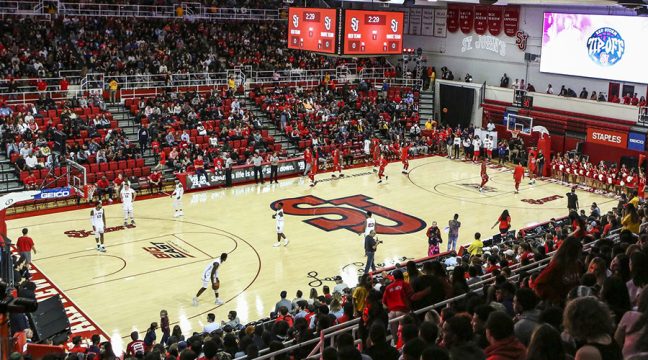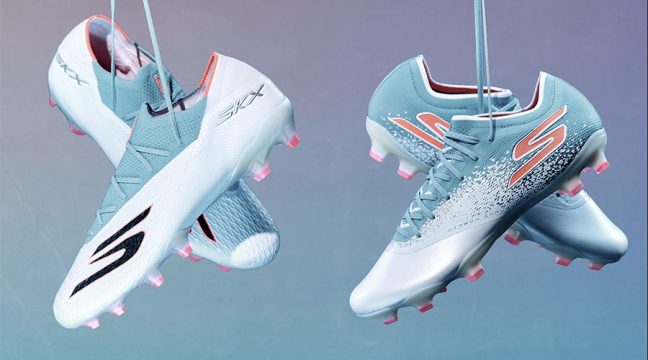Despite the increase in global sourcing for materials, manufacturing and labor, there remains a small, passionate few who stick to their roots by making products right here in the U.S.A.
By Jahla Seppanen
Paddle sports apparel legend Kokatat, based in Arcata, CA, is usually one of the first that comes to mind to recounting these stories. With a focus on local design, testing and production, Kokatat is literally able to stay close to the product. And while different companies require different levels of product and sourcing involvement, Kokatat Founder and President Steve O’Meara knew from inception that keeping operations local was vital.
That was over 44 years ago. Today Kokatat accounts for more than 90 percent of annual revenue from sales of products made in its CA-based factory and its local and regional manufacturing partners. Jeff Turner, Kokatat sales manager said, “The only way to make the quality we require is to do it ourselves.”
“We are very efficient,” said O’Meara about the details of Kokatat’s unique model. “If you are going to be a U.S. manufacturer, you have to be efficient. It’s really hard to do commodity type products in the U.S., with a low material and high labor component. These are not products as important to Kokatat.”
The Product
It’s the classic story of the American dream, how this grassroots company was able to grow from humble beginnings to become one of the greatest names in watersports.
O’Meara started his business in what was the traditional outdoor space, selling backpacking and cycling equipment at his small store before converting his focus to watersports, which is a much smaller niche market. The shift was slow but deliberate, as O’Meara and his gang took part in developing each product. “We are designed and built by paddlers and for paddlers,” continued Turner.
Kokatat photographs dating to the 1970s and ‘80s track the evolution of products and field-testing, when the company operated under the name Blue Puma.
The overall success of Blue Puma apparel and gear did not go unnoticed. Smelling competition, the shoe, clothing and sportswear giant Puma quickly jumped to secure the name for itself, sending a cease and desist to Blue Puma for rights to the name. O’Meara sais in a video that Puma’s threat to a lawsuit was the best thing to happen to Kokatat – prompting the decision to be a “big fish in a small pond,” and divert focus to watersports and away from the larger outdoor industry.
Kokatat now creates a robust line of technical paddling apparel and accessories including Dry Suits (newest Kokatat Idol), Paddling Suits, Dry Tops, Jackets, Bibs & Pants, Insulation, Destination Sunwear, PFDs (newest Poseidon and upcoming for Spring 2016 Predator), T-shirts, Hats, Gloves & Mitts, Footwear and Custom Dry Suits.
During its time under the name Blue Puma, Kokatat partnered with the now famous GoreTex. “We looked at how to seam seal the GoreTex in a way that made dry suits really waterproof,” said O’Meara. The status quo at the time was to use a urethane dry suit, but Kokatat changed that.
Adapting to the new material meant evolving test methods. With the switch to GoreTex fiber came added difficulty in pinpointing a leak. “We had to create a whole new testing protocol,” said Turner, “But now that’s a hallmark. Every single individual dry suit is fully pressure tested to ensure it will not leak. Our confidence in that is so high that we provide a lifetime warranty on every product.”
Kokatat’s in-factory service department fixes tears or defects in products at low cost and quick turnaround. “We see a lot of suits that are 10 to 20 years old,” said Turner. Testing and repair occurs on the ground floor, by-hand. Turner said that Kokatat recently became a recognized Quality Management System (QMS) and gained ISO certification. The company also tests its gear via sponsored expeditions and athletes in some of the world’s harshest climates and situations.
Always evolving, Kokatat recently reinvented the dry suit by working with a supplier to design a full dry suit that separates at the waist as opposed to the back or shoulders. The suit won Gear Junkie’s Best of Show at Outdoor Retailer last year and Apparel magazine named Kokatat one of the top innovators of 2015, placing them on the cover. O’Meara said, “The fun part for me is to be the innovator. To always be pushing the envelope in both product design and production techniques.”
The Process
“We spend an equal amount of time designing our production floor, our machinery and getting feedback as we do coming up with innovative designs,” Turner said.
Feedback comes from consumers, but also employees. The opinion of Kokatat employees ranks very high for O’Meara, who first sourced local manufacturing because of a personal interest in improving local jobs in the depressed Humboldt County area. “If you outsource you do away with those jobs,” O’Meara said. “And those jobs are not just jobs, but human beings.”
Many employees have been with the company for upwards of 20 years. They have skills completely unique to the industry. O’Meara added, “anybody on the production floor can stop the production line at any time if something doesn’t look right.”
Each quarter, the factory shuts down mid-day to hold a party in honor of the staff. “It’s part of the culture Steve has built,” said Turner.
Local manufacturing means production levels are smaller, but Kokatat doesn’t see that as a negative. O’Meara said, “We don’t have a lot of inventory. When you outsource you have to get big batches and have a high rate of discontinued products that have to be discounted.”
The Potential
The future of Made in the U.S.A. is still unclear, even for brands like Kokatat. “One of the biggest challenges is that it’s harder to get raw materials. We have to import them,” O’Meara said. Kokatat’s largest import is Gaia PVC free flotation foam used in all Kokatat life vests. Gaia foam is only available through Kokatat’s Asian manufacturer.
The only way to reverse the depressed trend of the national textile infrastructure, said O’Meara is to “piggy back on what is here now.” Rebuilding also means, “more raw goods at a slightly higher cost…and that’s hard,” he admitted.
Against the odds, Kokatat is still creating high-quality technical garments in the U.S., and not only for watersports enthusiasts, but for the Coast Guard, Navy Seals and other military and government groups.
“We’re able to meet with Special Forces and get down and dirty about what they need to protect themselves,” said O’Meara. Knowing the company is involved in every stage of production only serves to reflect the quality of its products as they are put to the test.
Looking to Kokatat as a model for stateside manufacturing, the future of Made in the U.S.A. is adaptive, innovative and quality-driven.
[su_divider top=”no” divider_color=”#d55c32″]
See the full article with all images in the SGB 2015 Retail Top 100 magazine.



